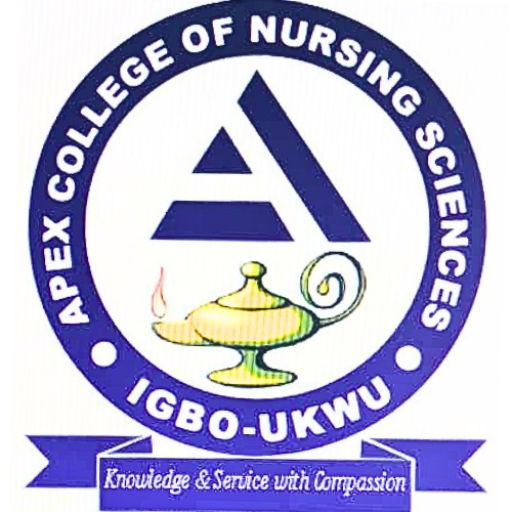A fundamental error in our understanding of healthcare in our part of the world is confusing feeling well with being well. This confusion has led, and continues to lead to the blaming of some innocent person whenever a supposedly healthy person drops dead. In such cases, the question that always arises is, “Who did it?” rather than “What did it?” If no one readily comes to mind who would stand to benefit from the death, it becomes attributed to an unknown enemy who “has done his/worst.” Or the death may be attributed to “poison,” or else to some form of remote witchcraft. If there has been a history of marital discord the wife was somtimes forced to prove her innocence by being compelled to drink the bath water of the spouse’s corpse, with the expectation that it would kill her if she was the guilty one!
This “whodunnit” attitude in our culture, which does not exist in Western culture, is due to the general public’s lack of accurate basic knowledge as opposed to imaginary knowledge of the make up (Anatomy) and workings (Physiology) of the human body. The lack of knowledge, in turn, is due to our cultural belief in reincarnation or physical re-birth of the dead person as a child in the family at a later date, instead of what in reality is only genetic DNA transmission to the progenies.
“How is the belief in reincarnation tied to the subject of the confusion of ‘feeling well’ versus ‘being well,’ ” you may ask.
Let me explain:
In ancient times (about 3,000 years ago), Africa was leading the European world in knowledge of medicine, with the epicenter in Egypt (which, unlike now, was populated by black Africans).
Because of our literal belief in reincarnation, it was a taboo (and still is!) in the African culture to harm the dead by performing an autopsy or post mortem dissection to determine the cause of death, for fear that he/she would suffer impaired organs at his/her next reincarnation. Hence, their knowledge of the internal organs of the body was mostly imaginary and unreal. In fact, our general public does not understand the true anatomy of our internal organs, talk less of their complex physiology.
Their European medical underlings of the time, who were not limited by the belief of reincarnation, went ahead and dissected dead bodies, studied and named the organs, thereby taking over the leadership of medicine.Therefore, as long as the public at large continues to believe in literal reincarnation, we will remain in the dark concerning the real structure and workings of our body organs.
Now for the correct picture. There are numerous organs inside the body, the obvious ones being the heart, lungs, kidneys, liver and the digestive system. Almost every organ of our body has a lot of reserve ability to heal itself, akin to a motor car with many spare tires.
Just feeling well is not the same as being well in reality because as a disease or damage occurs in those internal organs a “spare tire” is seamlessly recruited in, and we continue to feel well — only because of the silent repairs happening in the organ.
It is not until the organ is on its last “spare tire” that the signs and symptoms of any particular disease appear; it is only then, that we no longer feel well.
In reality, we may have been ill for years when we assumed we were well — because we had been feeling well… And when we suddenly collapse and die, or have a catastrophic illness, the question becomes, “Whodunnit?” Examples of such silent killers are heart attack, stroke, and diabetes.
The proper way to avoid “falling and dying” is to always assume that we are not well even when we feel well. We should present ourselves to a reputable medical doctor and say,
“Doc, I feel well; but please, reassure me that I am well.”
The doctor will ask you some questions, examine you from hair to toe if necessary, and order some tests of various organs of your body as he/she deems necessary. That is how we would know when we are coasting on an early “spare tire,” and prevent our using up of the remaining “spare tires” before feeling sick. If we go only when we feel unwell, our organ may already be on its last “spare tire,” making full recovery difficult.
I recommend that any one 50 years or over should go for this kind of health check-up once a year, while those from 30 to 50 may do so every 2 years. It helps if you belong to a health insurance company, such as the Anambra Health Insurance Agency (ASHIA) meant for the feneral punlic, or the National Health Insurance Scheme (NHIS) for those in formal sector.
Prof Uchenna Nwosu, MD
Apex Healthcare System
Anambra State
18 June 2024


